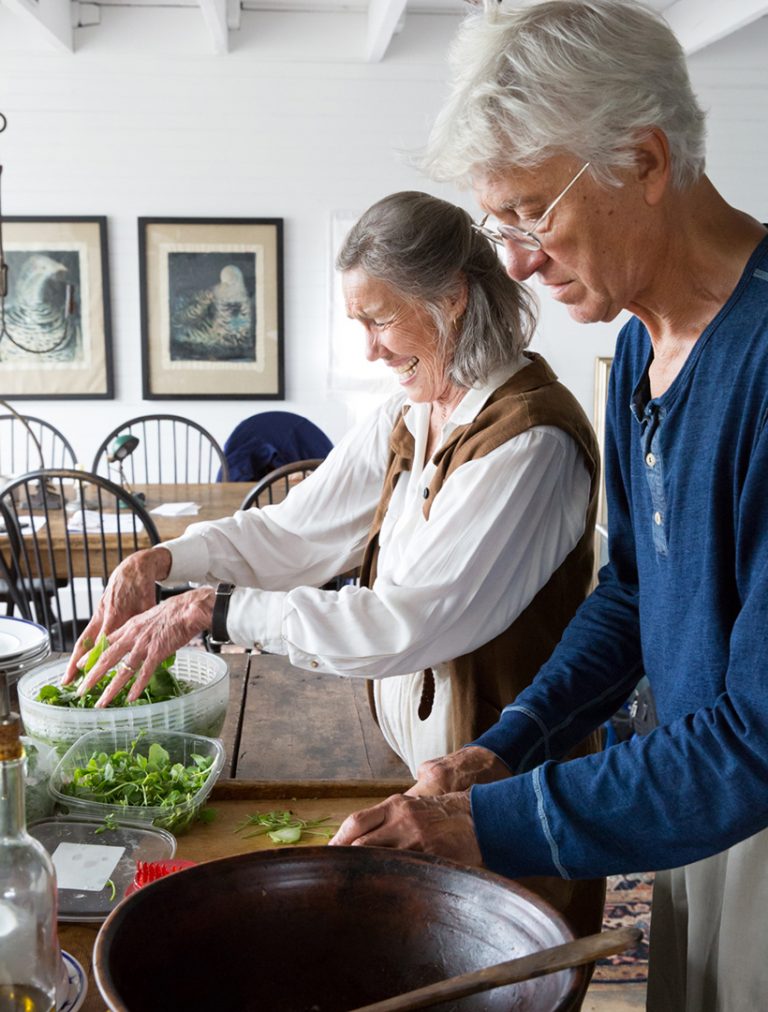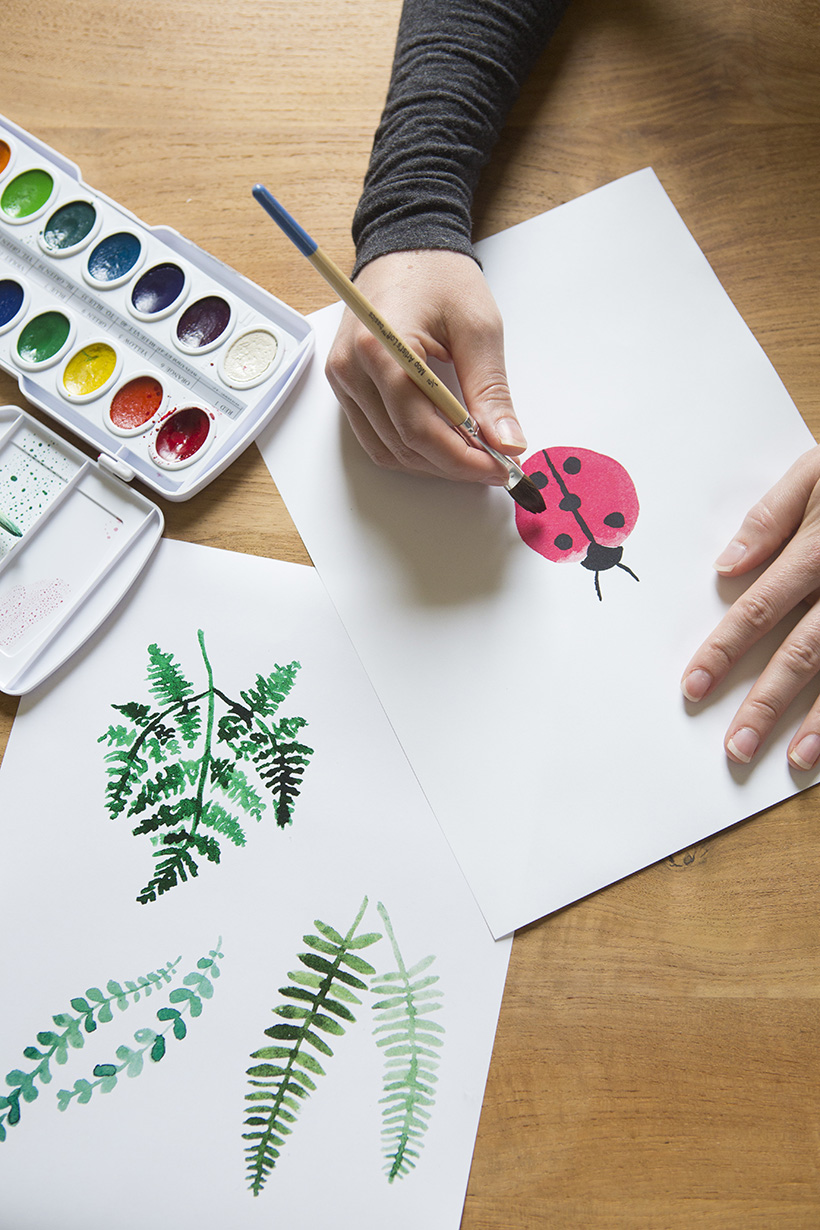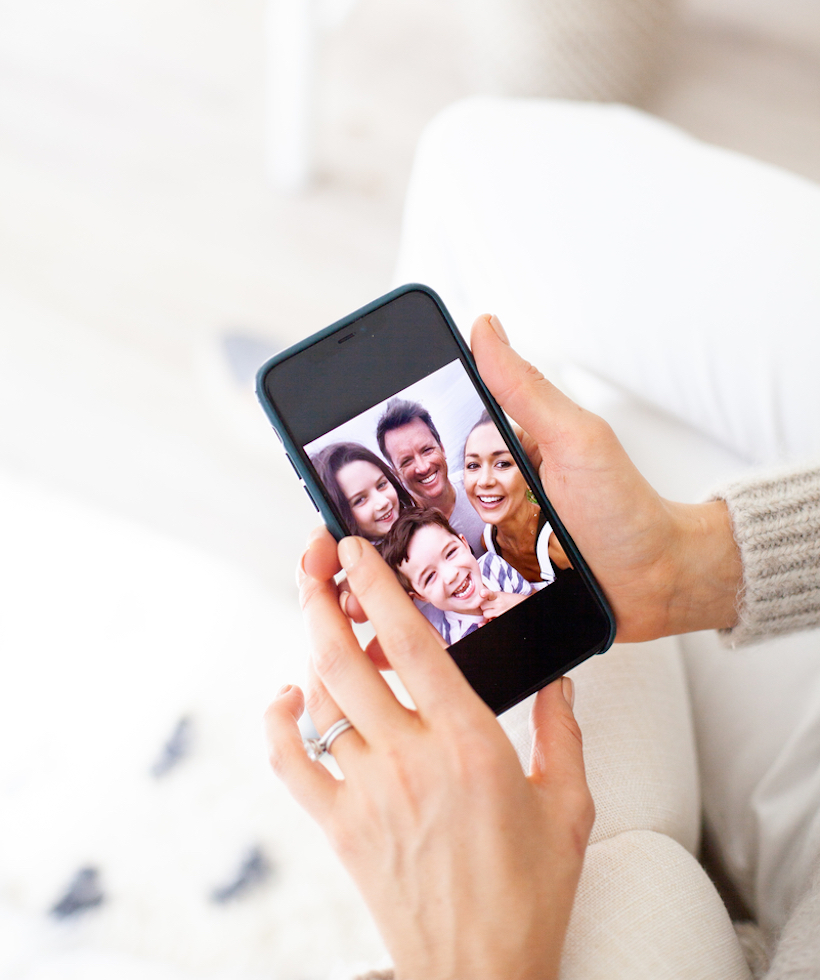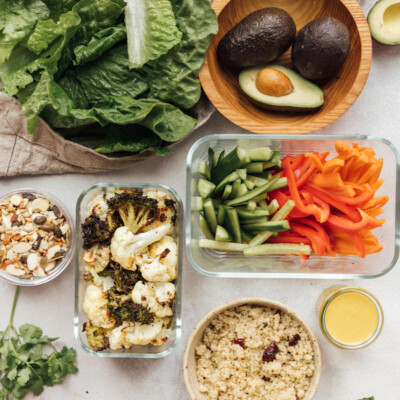As the majority of people around the world are staying home from work and school to practice social distancing, I can’t help but worry about the older people in our lives and feel some guilt towards the contradictory recommendation to stay home (if possible), and away from others. How can an older person—or a person with an underlying condition that makes them more susceptible to the virus—stay away from people, and also get necessities like groceries and medication? It’s a terrible irony of the virus: that for older adults, steps to prevent the spread of COVID-19 increase the risks of social isolation, which carries its own devastating health effects for the elderly. In fact, a study by the AARP compared the effects of prolonged social isolation to those of smoking 15 cigarettes a day.
Normally, programs for elders aim to increase human contact — but with senior centers closed indefinitely and nursing homes turning away visitors, we’re left wondering how we can (safely) help our elderly friends, neighbors, and family, as coronavirus continues to sprawl.
As someone who saw firsthand the damaging effects loneliness had on my grandmother’s dementia and depression, I know it’s the little things — like group activities, and outdoor exercise — that make a huge difference in their mental health and physical wellbeing. So, what to do? After digging into some research and talking to a few experts, we found 5 ways we can safely help the elderly population during this scary time of uncertainty.
Team up with an organization.
The best way to help out while minimizing risk, is to “work through established organizations,” which will have protocols in place to keep volunteers and clients as safe as possible, says Carolyn Cannuscio, director of research at the University of Pennsylvania Center for Public Health. One organization that should be on your radar is the National Association of Area Agencies on Aging (N4A). They’re a national membership network of more than 600 agencies that serve seniors daily. Through the Eldercare Locator on its site, it’s easy to connect to your local area agency, which will put you in touch with an organization in your community that needs support. “Our members on the ground in every community in the country right now are looking for volunteers to home-deliver meals, to drive people to the doctor and pharmacy and dialysis,” says Sandy Markwood, N4A’s CEO.
Also, Meals on Wheels, a meal prep and delivery service for seniors, is calling for young, healthy volunteers, as most of their regular volunteers are over 60 and now staying home. If you’re looking to get involved, you could reach out to your local Meals on Wheels program and see what they need now. “They might not need volunteers every day to drop off meals; they might be shifting to once a week, dropping off frozen or shelf-stable meals,” according to the organization’s vice president of communications, Jenny Young. Or if you can’t volunteer in person, you could also donate here to give local programs the resources they desperately need to keep seniors safe amid COVID-19.
Send an encouraging card.
You can brighten your elderly neighbors or even strangers in a nursing home with encouraging cards and paintings. This is a scary time for the senior population, and some words of encouragement that everything is going to be okay will go a long way. In fact, the story of a group of siblings who sent cards to nursing home residents made national news this week.
If your kid’s schools are closed and you’re looking for something to keep them busy, have them write letters or color pictures to send to residents that are isolated in nursing homes. For those concerned the thoughtful mail could accidentally expose them to the virus, experts believe that risk is minimal. The CDC has said there is likely very low risk of transmission of COVID-19 from products or packaging that are shipped over a period of days or weeks “because of poor survivability of these coronaviruses on surfaces.” Time to bust out the construction paper and markers!
Give them a tech lesson.
With less face time, there’s no better time for FaceTime. If you are feeling healthy and have had no known exposure to the virus, give your elderly neighbor a lesson in video chat or text messaging. Even though my grandfather has had an iPhone for over 2 years, I’m always shocked at how little he knows how to use it… so why not teach them the ins and outs?! Chances are they will fall in love with video chatting and want to Facetime allll the time. If you have kids at home, consider doing a family storytime via Facetime with grandma or grandpa. If you know you have an elderly neighbor, teach them how to call their extended family, friends, or even you to chat about their day — maybe just don’t chat about the news… we want these to be happy, uplifting calls that make them feel supported and like they’re not alone.
Make a care package.
Many seniors are too scared to go to the store and could have dwindling or limited supplies of cleaning products, household items, and groceries. If you are able to spare some extra essential items, put them in a bag or basket with an encouraging note and drop it off on their doorstep. Trash bags, toilet paper, hand sanitizer, paper towels, canned goods, water bottles, fresh fruit and vegetables, and even a candle, baked muffins, or a bouquet of flowers would go a long way to making them feel taken care of and loved by their neighbors.
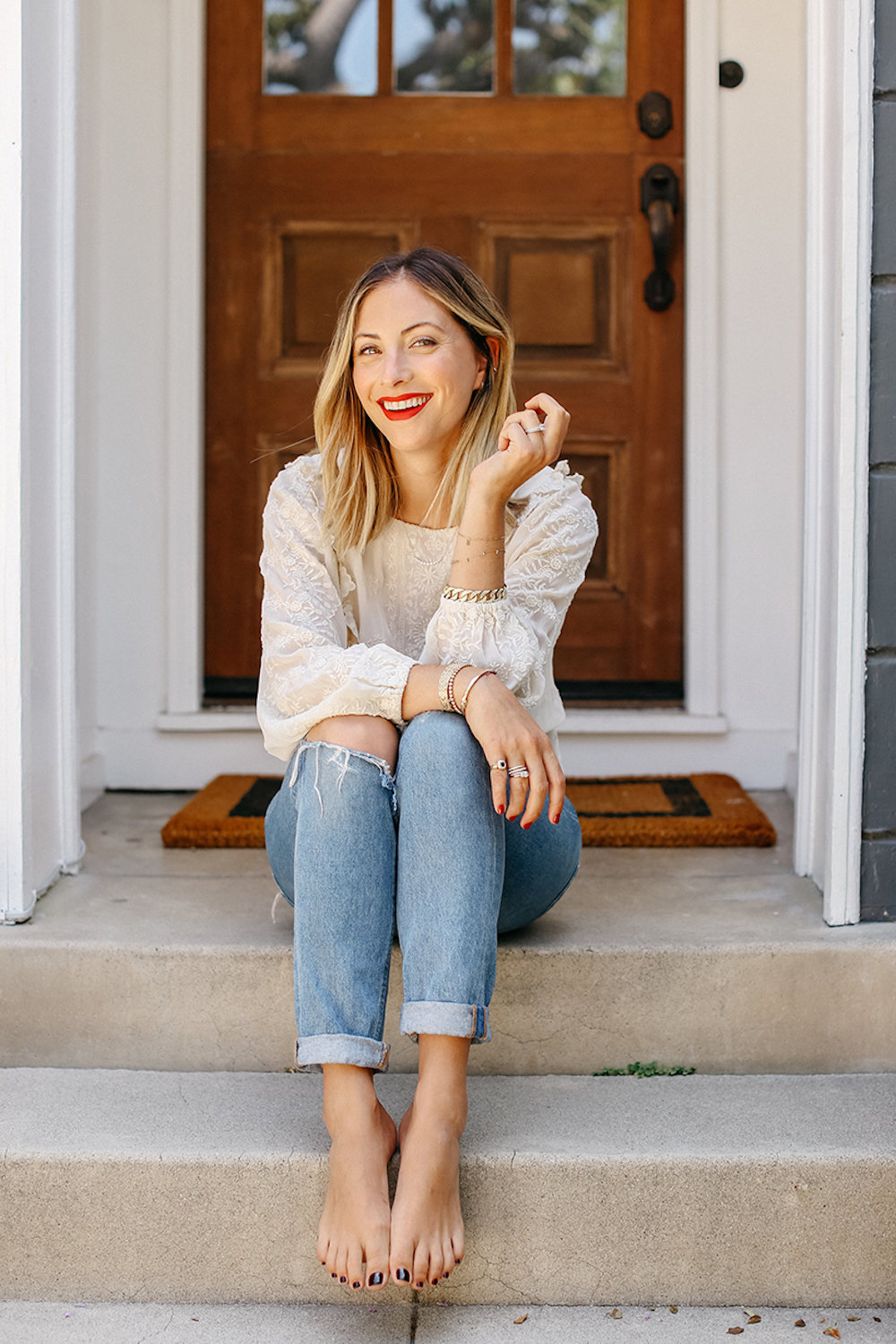
Follow the rules!
The best thing you can do to help our senior citizens? Follow the rules! Take the CDC’s recommendations to practice social distancing seriously, and stay HOME if you’re feeling sick. To help stop the spread of the virus and #flattenthecurve, we all need to do our part and limit social gatherings, stay home as much as possible, and quarantine yourself for at least 14 days if you feel sick or have been exposed to a positive case of the virus. It’s a small price to pay to save a lot of lives in return.
Silver lining: The coronavirus outbreak could be a chance for society to reset its relationship with older people, says Donna Buxton, head of research at the International Longevity Centre.
“The kind of things we should be doing to support older people are the kind of things we should be doing anyway – coronavirus outbreak or not,” she says.


